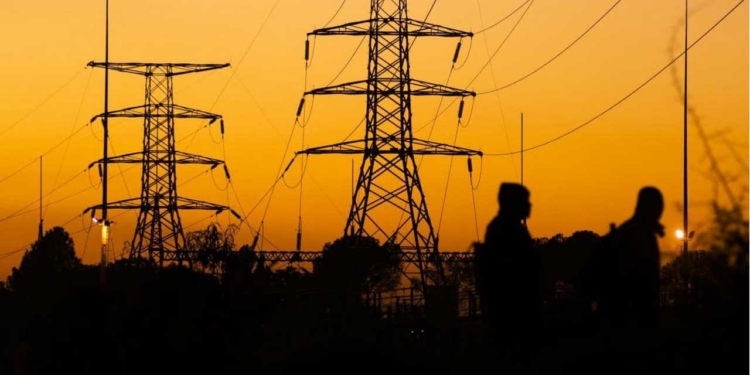The Executive Vice Chairman/Chief Executive, National Agency for Science and Engineering Infrastructure (NASENI), Engr Prof. Mohammed Sani Haruna, has disclosed the agency’s target is to contribute 50 Megawatts of solar energy to Nigeria’s electricity by 2023.
He made this known at the weekend during a week-long NASENI Skill Acquisition Training and Youth Empowerment in Awka, Anambra State.
Prof. Haruna said that the agency has achieved about 21 Megawatts per annum with installed capacity through its NASENI Solar Energy Limited (NSEL), a manufacturing plant located in Karshi, Abuja, owned by the Agency.
He said the plant is now implementing its plan to double that capacity to move its production capacity to 50 Megawatts to bridge the gaps of over 80 percent imported substandard solar products which has flooded Nigerian markets.
He harped on the need for training and retraining of technicians in the solar system electric power supply subsector, stressing that a competent workforce for Nigeria is a must for self reliance and industrial development.
He says, “Technicians must be trained and retrained for knowledge update. Failure to acquire skill and training for solar electricity supply is the root cause of most failed solar installations across the country. This is frustrating and discouraging to customers, some consumers are already contemplating that solar system is a myth instead of a reality.
“Although we are aware that some solar installations are failing even before commissioning. No two solar system installations are exactly the same even if they are of same size and capacity. Load survey, computation and analysis are on a case-by-case basis. Accordingly, you must acquire skill on how to carry out load survey, design, component specification and selection and then component matching in that order, before installation. Solar power system is modular, and there are specific methods and scientific approach to installation, repairs and maintenance,” he said.










Discussion about this post